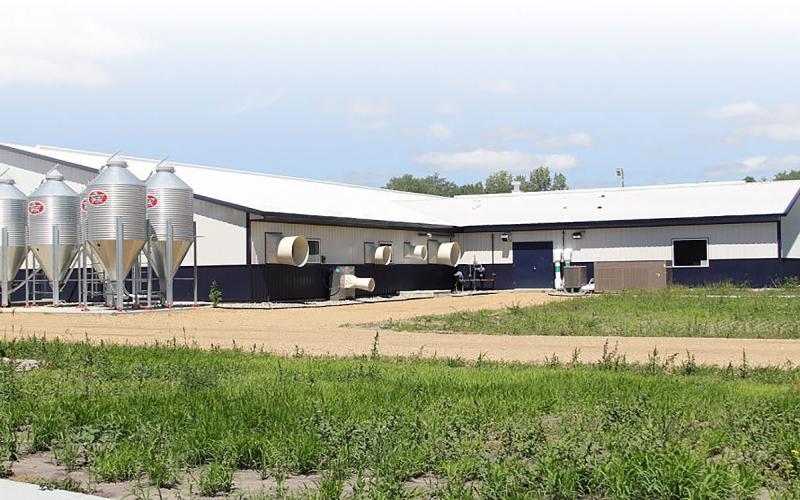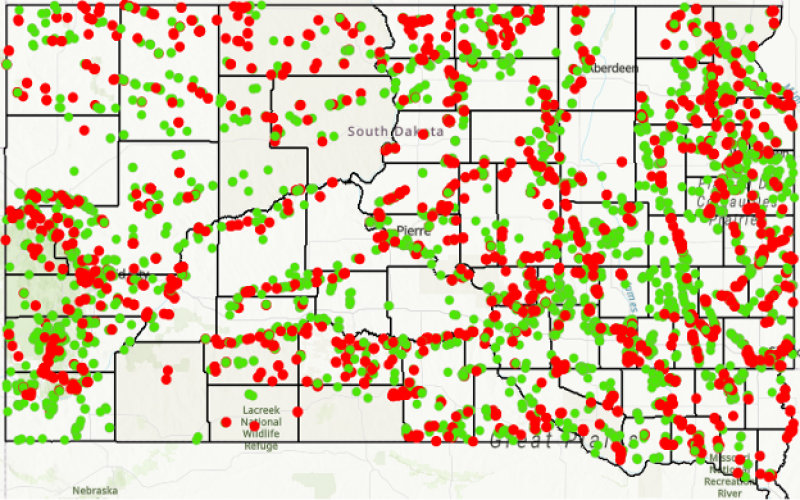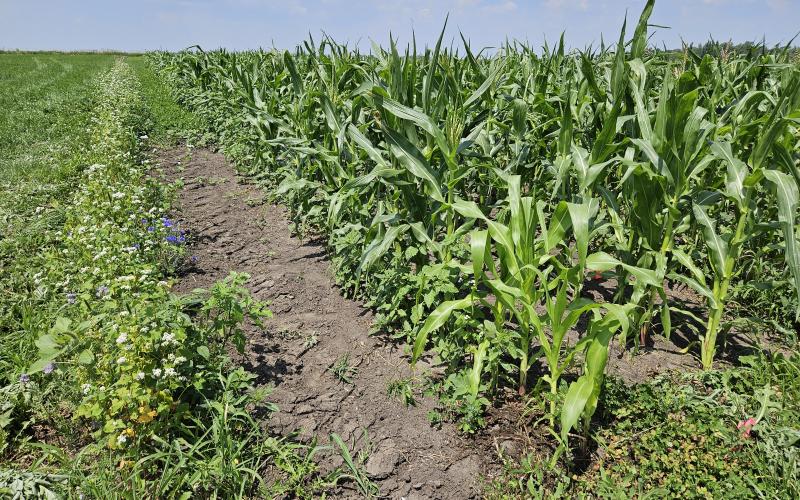Written collaboratively by Pete Bauman, Jessalyn Bachler, former SDSU Extension Range Field Specialist, Ryan Beer, David Ollila, Brad Richardson, Robin Salverson,and Sarah Eggebo
The intent of this publication is to serve as a general guide to all South Dakota landowners who may be affected by unplanned fire events. Specifically, this report focuses on events and impacts of the January 2021 Windy Fire and the March 2021 Divide Fire that affected portions of central and northeastern Perkins County* in the northwest region of South Dakota. However, the guidance provided here is applicable to similar events in surrounding areas of the northern Great Plains where rangeland conditions and climate can be highly variable. It is important to note that SDSU Extension recognizes and promotes the ecological benefits of well-planned and executed prescribed fire with clear goals and objectives. However, unplanned fire events such as the Windy and Divide fires of 2021 can have tremendous negative impacts that include but are not limited to: loss of life; loss or damage to property, equipment, and supplies; financial loss; social strife; and potentially lasting negative ecological impacts (depending on cover and soil types). These impacts can be mitigated or exacerbated by climatic conditions that either preclude or follow the unplanned fire event. Precipitation, drought, and wind erosion are ongoing concerns for both the Windy and Divide fires, and can be a concern of any unplanned fire event.
Both the Windy and Divide fires occurred during the dormant season (i.e. plants are not actively growing). Typically, dormant season burns (while sometimes dangerous and destructive) are not often too concerning in relation to the ecology or health of the grassland, meaning that grasslands vegetation often recovers adequately with appropriate post-burn management. Here we caution that the extreme climatic conditions associated with the Windy and Divide fires may result in the need for longer-term planning and adjustments related to delaying a return to normal grazing and other land use practices. We also acknowledge that conditions may change, and the cautions we provide here may not play out over time if adequate precipitation returns to the areas impacted by these fire events.
*Landowners impacted by the Windy and Divide fires who need more information should seek out a rangeland management professional. In addition, SD NRCS and FSA have identified certain funding that may assist landowners affected by these two fire events. Individuals should visit their local USDA service center for more information. Landowners are reminded that pre-approval of practices is required if reimbursement or cost share is desired.


